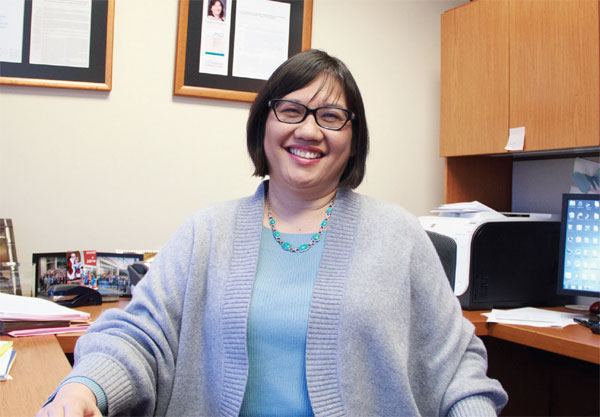Wu Xifeng: An innovator in medical science
Updated: 2015-02-13 11:13
By May Zhou in Houston(China Daily USA)
|
||||||||
|
Wu Xifeng talks about her medical career in her office at MD Anderson Cancer Center, Houston. May Zhou / China Daily |
Imagine that one day in the near future, you will be able to buy a computer chip, prick your finger and drop a droplet of blood on it, connect it to your smartphone, upload the data to an app, key in your lifestyle habits and data, and voila, you get a personalized evaluation of your risk for cancer and advice on how to lower the odds of it happening.

"We have already patented the technology, now we are working on how to commercialize it," said Wu Xifeng, chair of the Department of Epidemiology at MD Anderson Cancer Center in Houston.
This is just one of many innovative research projects Wu and her 50-plus member research team is working on. Recognized as one of the best in the world, Wu's large and multi-disciplinary research operation encompasses data collection, bio-specimen processing, molecular and genomics lab work and statistical analysis.
Their focus is to understand the connection between genetic susceptibility and environmental factors for various types of cancer.
Wu is known for her ability to identify emerging trends and her innovative approach to research. She created MD Anderson Cancer Patient Cohort. Combining patients' biorepository, blood specimens and histories, Wu and her team are able to identify factors impacting cancer symptoms, prognosis, treatment response, toxicity, survival and quality of life.
"The result is a personalized treatment plan based on an individual patient's genetic traits, lifestyle and reaction to chemotherapy," said Wu. Treatment includes recommendations on behavior changes for a patient to maintain a healthier lifestyle.
"I was born into a family of medicine," said Wu. "Practicing Chinese medicine was passed on from generation to generation as a family heritage all the way to my mother."
Perhaps there is such a thing as a medical gene. Wu chose medicine as her path in 1979 and entered the Shanghai Medical College of Fudan University.
She became interested in public health and occupational disease doing her graduate studies at Zhejiang University and subsequently as a researcher at Zhejiang Academy of Medical Sciences.
In 1989, a French professor she once lent a helping hand to during an international conference offered her a fellowship. "I helped him without a second thought, yet it brought me a turning point opportunity in my life," Wu said.
After finishing a postdoctoral fellowship at the National Laboratory of Industrial Environment and Risk Analysis in France, Wu came to Houston in 1991 to reunite with her husband and entered the University of Texas School of Public Health on a scholarship.
"I soon became interested in epidemiology and my advisor Dr George Delclos not only didn't stop me from leaving him, he helped me figure out how to get what I wanted. He continued to chair my dissertation committee. From him, I learned the value of a win/win approach, and this mentality has helped me tremendously throughout my career," said Wu.
At one point Wu considered getting a job because her husband was also in school and money was an issue.
"My epidemiology advisor Dr Margaret Spitz and my husband strongly advised against the idea and I eventually gave it up. I guess they both saw some potential in me," recalled Wu.
Combined with her research in occupational disease, public health and epidemiology, Wu learned the integrated research approach under Spitz, a well recognized scientist. Wu earned her PhD degree in only two and half years - half of the normal time of the program and a record at UT School of Public Health.
Wu applied to three positions upon graduation. Competing against hundreds of applicants, she was accepted by all three. Wu initially wanted to take the job at the University of Minnesota because it paid best, but Spitz wanted her to stay at UT, and, out of loyalty, she did.
Wu was also accepted by MD Anderson Cancer Center at the same time, and she ended up becoming a joint assistant professor at both UT and MD Anderson in 1995. Years later, her duties at MD Anderson came to demand her full attention and she gave up her position at UT in 2010.
"I mostly just focused on doing research to the best of my ability without thinking much of anything else. I find research very interesting. Everyday I run into something new. I get to ask a question, organize a team, and then resolve it. I work hard but I enjoy it," said Wu, who has served on 20 grant review panels and organized and chaired numerous international conferences.
Her hard work has produced remarkable results. In 1995, she won the Devereaux Award for Outstanding Young Investigators in Lung Cancer Prevention from the Research Foundation of America. Over the years, she has published close to 400 peer-review papers, invited articles and editorials in journals such as Nature and Science.
In 2008, Wu was awarded the Rogers Award for Excellence. Her achievements and abilities won her a plethora of large research grants, including $30 million in funding from the National Cancer Institute
Wu also excels as a teacher. She won the faculty scholar award in 2002, the faculty achievement award in 2008 and the distinguished mentor award in 2011. Twelve of her mentees have obtained tenure or tenure-track positions.
Wu is a natural leader. Throughout her research, she's well-known for her ability to establish extensive institutional, national and international collaborations. She has led more than 20 research projects, and is currently heading several national and international projects. This is part of the reason why, in 2011, despite numerous contenders for the position, Wu was asked to be the chair of the epidemiology department, a title she has held since then.
For Wu, administrative duties mostly involve helping other faculty members, and she squeezes her personal time to make sure she stays at the forefront of research.
This year, Wu was recognized beyond the world of medicine. She was named one of Houston's 50 Most Influential Women of 2014.
mayzhou@chinadailyusa.com
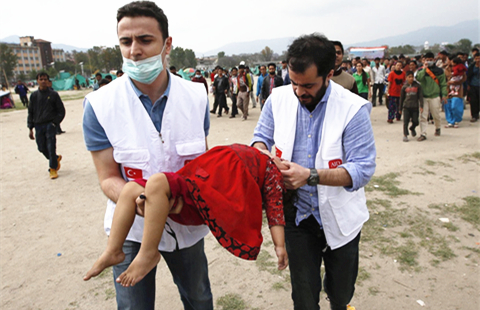
 International rescue teams head to quake-hit Nepal
International rescue teams head to quake-hit Nepal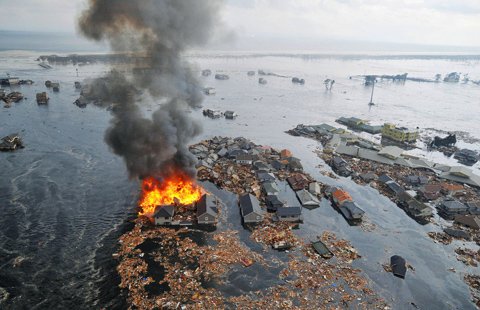
 World's deadliest earthquakes since 1900s
World's deadliest earthquakes since 1900s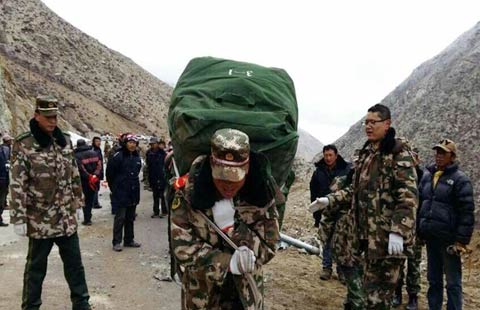
 Rescuers deliver relief supplies on foot
Rescuers deliver relief supplies on foot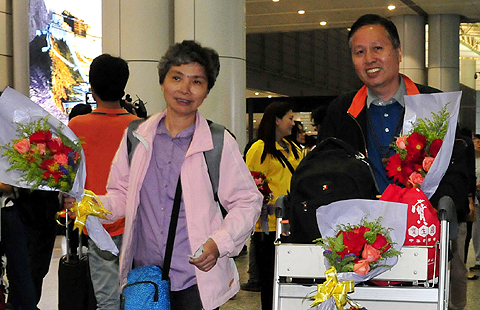
 China brings trapped nationals home from quake-hit Nepal
China brings trapped nationals home from quake-hit Nepal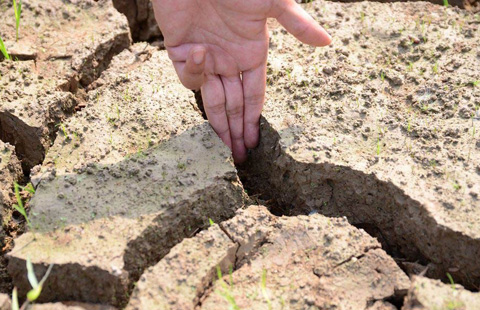
 Severe drought hits Southwest China
Severe drought hits Southwest China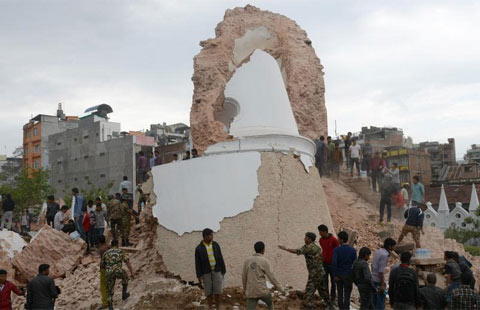
 History razed in Nepal earthquake
History razed in Nepal earthquake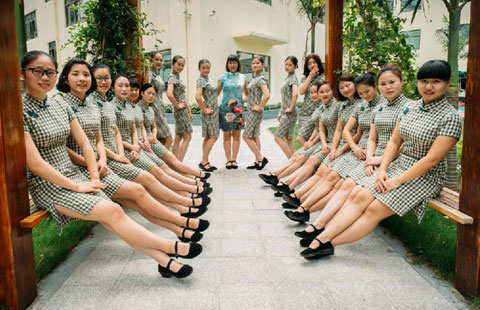
 'Chi-pao teachers' found in Guangdong
'Chi-pao teachers' found in Guangdong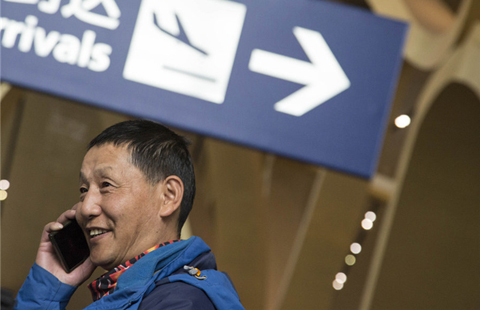
 Tourists evacuated from Nepal quake area arrive in Kunming
Tourists evacuated from Nepal quake area arrive in Kunming
Most Viewed
Editor's Picks

|

|

|

|

|

|
Today's Top News
Chinese, Koreans seek Japan apology
China rescue team starts work
Three US citizens among dead in avalanche after Nepal quake
Chinese rally across US to support NYC police officer under indictment
New publication will focus on China's energy industry
Abe's US trip: sense or sensibility?
China to overtake US in mobile gaming market
Nearly 2,500 confirmed dead in Nepal quake
US Weekly

|

|
